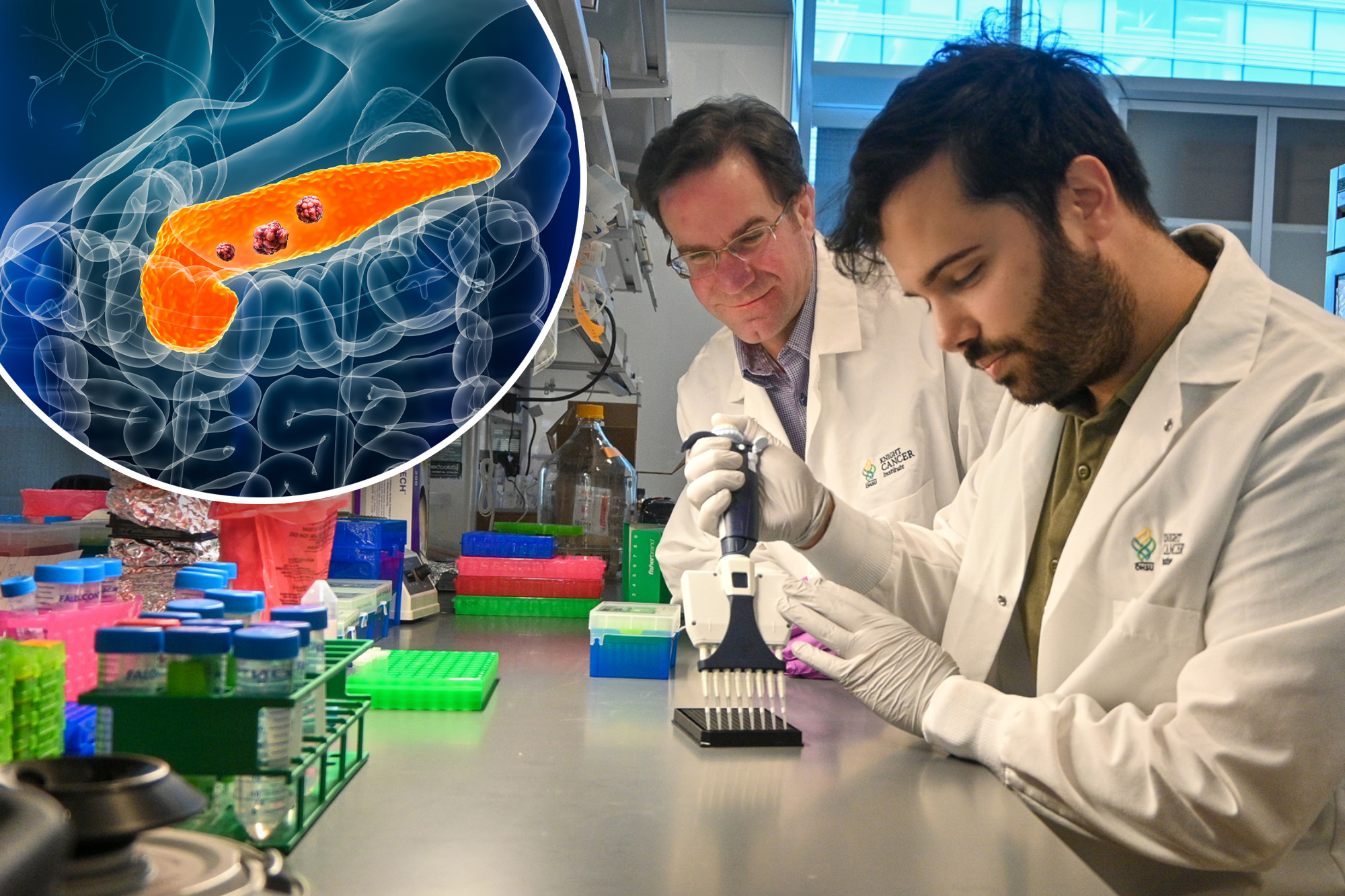
Be pumped!
Scientists from the University of Health and Science in Oregon have developed a blood test called Pac-Mann, which is said to be less invasive, cheaper and more powerful than traditional methods of examination for pancreatic cancer, potentially leading to More treatment options and better results.
“The problem with pancreatic cancer is that we often catch it too late,” said Jared Fischer, a scientist with the Cancer Cancer Cancer Cancer Cancer Cancer OHSU Knight Cancer (CEDAR).
“Our goal with Pac-Mann is to give clinics a tool that can detect the disease much earlier, when more treatment options are available and there is a better chance to survive,” Fischer added.
What is pancreatic cancer?
The pancreas, a gland behind the stomach, produces digestive enzymes that disrupt the food and secrete hormones like insulin to regulate blood sugar.
The exact cause of pancreatic cancer is unknown, but some genetic syndromes, smoking, overweight, diabetes, chronic pancreatitis and excessive alcohol use can increase your risk.
Pancreas cancer is often detected in advanced stages because it usually does not cause symptoms until it spreads to other organs, limiting treatment options.
The American Cancer Society estimates that 67,400 Americans will be diagnosed with pancreatic cancer this year and nearly 52,000 will die from the disease.
How can Pac-Mann help?
Pac-mann was created using blood samples from 350 patients who had pancreatic cancer, were at high risk or were checks.
The research team sought protein in the blood called proteases that become more active in people with the most common and deadly form of pancreatic cancer.
Pac-Mann was able to distinguish patients with pancreatic cancer from healthy patients and those with non-cancerous pancreatic issues 98% of the time.
It also helped detect early phase cancer with 85% accuracy when used with a Ca 19-9 blood test. The return time for that test, which measures the level of the 19-9 protein cancer antigen, is usually one to two days.
“The big difference with [PAC-MANN] It is cost: it takes only 8 microliters of blood and 45 minutes to perform the test at a cost less than a penny for the sample, “said Jose L. Montoya Mira, a search engineer in Ohsu cedar and the main author of the study.” This It can be easily used in rural and undeserved environments, where traditional tests are not or may not be used. “
Pac-mann can also track how treatments were working well and guiding therapeutic decisions.
What else is there?
The results of the study were published this week in the journal Science Transational Medicine.
Montoya and Fischer have plans for more evidence, including one involving patients with high risk of developing pancreatic cancer.
“Hopefully,” Fischer said, “this is a step towards the end of cancer as we know it.”
#Pancreatic #Cancer #Blood #Test #improve #treatment
Image Source : nypost.com